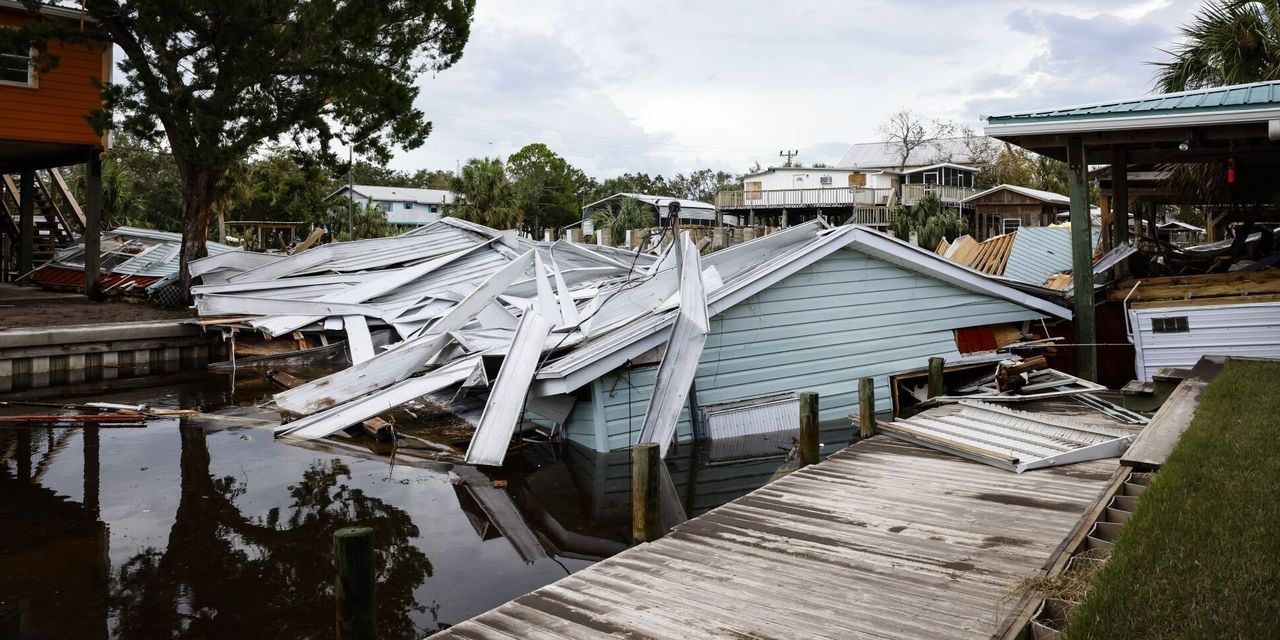Huge losses from national disasters prompt industry to jack up prices and pull back from some markets; ‘worst possible scenario’ for consumers
After Allstate suffered billions of dollars in losses and failed to get the rate increases it wanted, it resorted to the nuclear option.
The insurance giant threatened last fall to stop renewing auto insurance for customers in three states that hadn’t given in to its demands, which would have left those policyholders scrambling for coverage. The states blinked.
In December, New Jersey approved auto rate increases for Allstate averaging 17%, and New York, a 15% hike. Regulators in California are allowing Allstate to boost auto rates by 30%, but still haven’t decided on its request for a 40% increase in home-insurance rates after the insurer refused to write new policies.
For many Americans, getting insurance for both their cars and homes has gone from a routine, generally manageable expense to a do-or-die ordeal that can strain household budgets.



I don’t blame then for qutting if it’s unprofitable. Maybe it’ll be a wake up call to require new building codes to entice them back.
Homes can be retrofitted for earthquakes. It costs money, but if it’s that serious a problem, maybe the government needs to add incentives to do it, and maybe insurers won’t insure unless you have.
Work can be done to prevent flooding as well. There was a massive flood in BC Canada during a huge storm a few years ago causing billions in damage. Some of that disaster was because on the US side they wouldn’t upgrade one of the anti flooding measures that impacted our side of the border.
It’s going to cost an enormous amount of money, but thats the cost if having ignored the scientists for decades on climate change for many of these problems.